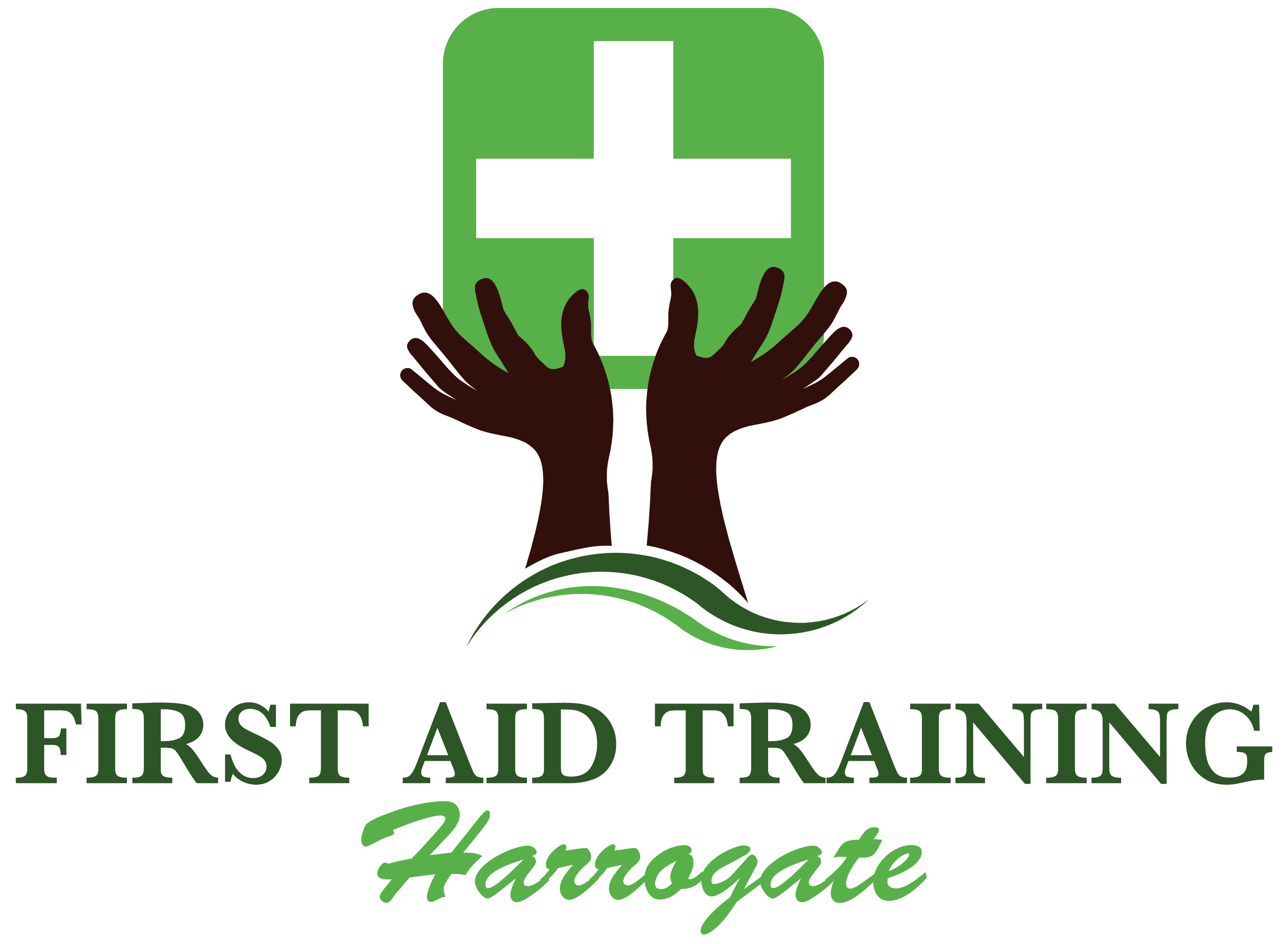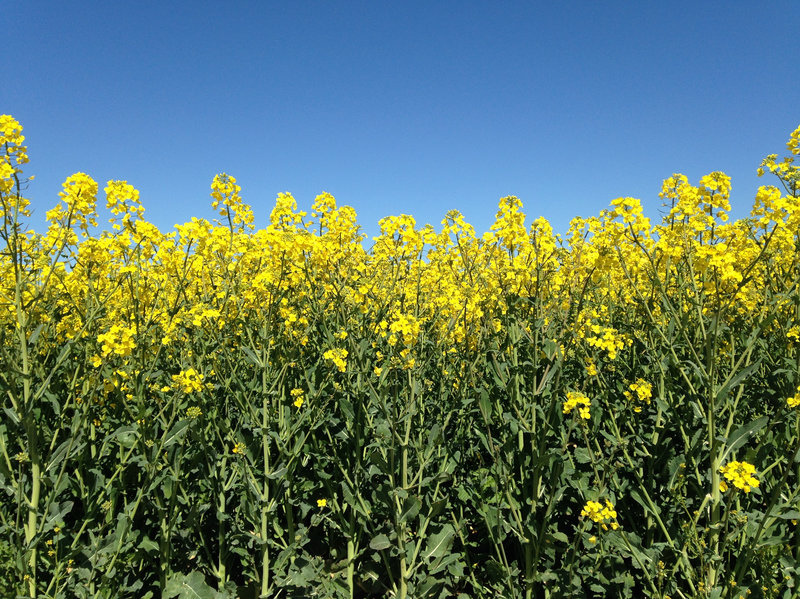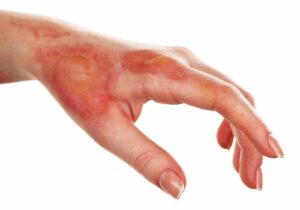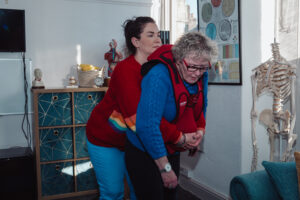Hay fever is a common allergic reaction that predominantly occurs over the spring and summer months. Its medical name is seasonal rhinitis and is caused as a reaction when the body makes allergic antibodies to certain substances in the air.
Grass pollen is the most common allergen, but tree pollen and weed pollens can also cause the symptoms, which occur in both adults and children. According to Allergy UK, approximately 25% of hay fever sufferers are allergic to birch trees, including alder and hazel, whose main pollen season is between April and May.
Hay fever symptoms include:
- Watering, itchy eyes
- Tickly throat
- Sneezing
- Headaches
- Blocked sinuses
- Shortness of breath
- Tiredness
Is hay fever worse for asthma sufferers?
If you are asthmatic, hay fever could increase your risk of an asthma attack, and many sufferers say that hay fever triggers their asthma symptoms further.
The reason for this is because hay fever causes your already inflamed airways to swell up more, leaving you short of breath and wheezy. Also, it means that your increasingly sensitive airways are more likely to react to further triggers around you including dust and pet hair.
Remember your basic asthma care
- Take your prevent inhaler as prescribed by your GP. This helps to reduce the swelling in your airways so you’re less likely to react to triggers like pollen.
- Always carry your reliever inhaler (usually blue) around with you. Leave one in the car and at work to be well prepared.
- If you need to use your reliever inhaler three or more times a week, you should give your GP a call as you could be at risk of an asthma attack.
Ways to reduce your hay fever symptoms
Antihistamines are inexpensive, readily available and fast-acting. They come in many different forms including tablets, liquids, or nasal sprays, and once taken, should start to work within an hour or so. They work to reduce your sensitivity to the histamine released by your body in response to the pollen.
Antihistamines are also more effective if taken regularly each day in order to help combat the symptoms of hay fever. There are a few types of antihistamine medication available, so if one is not working for you, speak with your pharmacist and try alternatives to see if they work better.
If you are looking for more natural ways to help ease symptoms, you could try:
- Rinsing your nose with a saline wash. This should remove pollen stuck around the hairs in your nostrils, helping you to breathe easier.
- Rubbing a small amount of petroleum jelly around your nostrils to trap pollen before it gets into your nose and airways.
- Taking regular showers when you return home form the outdoors, to wash off any pollen.
- Keeping windows and doors shut as much as possible during sunlight hours.
- Booking an Acupuncture therapy appointment. It has proven very effective for many people in significantly reducing their hay fever symptoms.
How do I know if I’m having an asthma attack?
If you have never had an asthma attack before, it could be a very traumatic experience. Look out for the symptoms, so that you recognise them and are well prepared. You may be having an asthma attack if:
- Your blue reliever inhaler isn’t helping relieve your symtoms, or you need to use it more than every four hours
- You are wheezing a lot and have a very tight chest
- You are coughing a lot and can’t seem to stop
- You’re out of breath and find it difficult to walk or even talk
- Your breathing is getting faster and it feels like you can’t catch a breath fully
What to do if you are having an asthma attack
- Sit up straight. Don’t lie down. Try to keep calm.
- Use your blue inhaler. Take one puff of your reliever inhaler every 30-60 seconds, up to a maximum of 10 puffs.
- Call 999 if you don’t feel better. Do this if you feel worse at any point, or if you don’t feel better after using 10 puffs of your reliever inhaler.
- Take your blue inhaler again after 15 minutes. If you’re waiting for the ambulance for longer than 15 minutes, take one puff every 30-60 seconds, up to a maximum of 10 puffs.
First Aid training can prepare you with all the necessary information and skills you need to help others suffering with an asthma attack. It could help you to save someone’s life. Take a look at what First Aid courses are available in Harrogate. All courses are externally validated by Qualsafe and all First Aid certificates are valid for 3 years.








